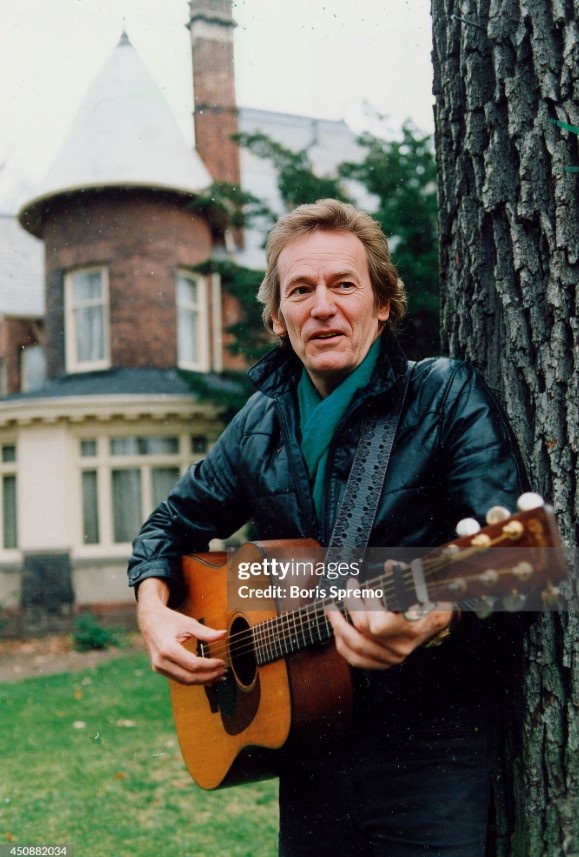
Gordon Lightfoot, the celebrated Canadian singer-songwriter, is a cornerstone of folk and country music. Known for his evocative storytelling and rich baritone voice, Lightfoot has gifted the world with timeless classics like “The Wreck of the Edmund Fitzgerald,” “If You Could Read My Mind,” and, of course, “Sundown.” His career spans decades, earning him numerous Juno Awards (Canada’s equivalent of the Grammys), inductions into the Canadian Music Hall of Fame and the Songwriters Hall of Fame, and the Governor General’s Performing Arts Award. He has influenced generations of artists with his poignant lyrics and memorable melodies.
Released in 1974, “Sundown” became Lightfoot’s only number-one hit in the United States and reached the top of the charts in Canada. The song’s deceptively upbeat tempo belies a more complex and somewhat darker theme. Lyrically, “Sundown” explores the anxieties and suspicions that arise in a relationship when trust begins to erode. It’s widely interpreted as being about a tumultuous relationship, fueled by jealousy and insecurity, with Lightfoot’s then-girlfriend. The “sundown” itself can be seen as a metaphor for the creeping darkness of doubt and the potential for infidelity.
Upon its release, “Sundown” resonated deeply with audiences. Its catchy hook, driving rhythm, and relatable themes of love, doubt, and the fear of losing someone made it an instant hit. Listeners connected with the raw honesty in Lightfoot’s voice and the vulnerability he expressed. Critics lauded the song for its masterful storytelling and skillful arrangement. Even today, “Sundown” remains a staple on classic rock and folk radio stations, continuing to captivate new generations with its timeless exploration of the complexities of human relationships. The song’s enduring popularity speaks to its power to tap into universal feelings of love, longing, and the inherent uncertainties that come with them.
